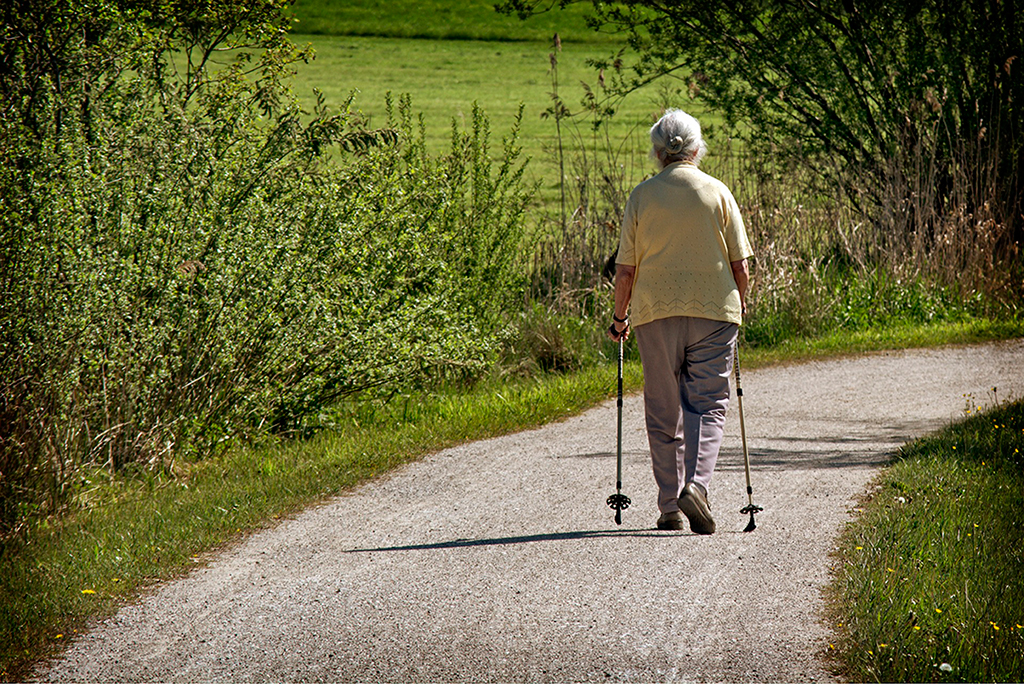Open Evidence, European expert in active ageing
Under the European Innovation Partnership on Active and Healthy Ageing (EIP - AHA), the EU has approved a number of research and innovation projects in which Open Evidence, the first Universitat Oberta de Catalunya (UOC) spin-off, is participating. As Francisco Lupiáñez, one of the Open Evidence managers and UOC professor of Information and Communication Sciences, says, the EU is committed to investing in active ageing, “as it is one of the challenges currently facing Europe”. Open Evidence has received over half a million euros in EU funding for projects in this field.
Promotion of Badalona as a reference site
Through the UOC, Open Evidence researchers and professors have been involved in ensuring that Badalona, via Badalona Serveis Assistencials (BSA), is chosen as an EU reference site as an example of the development of innovative actions in the area of active and healthy ageing. This Catalan city has been recognized by the European Commission as one of the 74 European locations to be given this award at the second major European summit on this subject taking place from 5 to 8 December in Brussels.
Expert in assessment
The UOC spin-off Open Evidence is a partner in the PROEIPAHA project, a support action for European policy-making that aims to help the members of the different EIP-AHA action groups achieve their aims and, thus, increase the average healthy lifespan by two years by 2020. A total of 14 organizations form part of the PROEIPAHA consortium. Open Evidence will take charge of designing a framework for analysing the data collected, setting out the relevant policies, monitoring and measuring the progress made in implementing the action plans, and providing recommendations to promote active ageing.
Seeking solutions
Members of the UOC spin-off are also participating in the Decrease of cOgnitive decline, malnutRition and sedEntariness by elderly empowerment in lifestyle Management and social Inclusion (DOREMI) project. Funded by the European Framework Programme, the FP7, it develops technological solutions to improve the functional and cognitive capacity of senior citizens. This year sees the completion of the pilot studies carried out with the elderly in the UK and Italy. DOREMI held a final presentation on 25 October.
Open Evidence is also a member of the INdependent LIving support Functions for the Elderly (IN LIFE) project, which aims to convert existing research work in the field of active ageing into solutions that apply to the real lives of EU citizens. With funding from the current framework programme, Horizon 2020, IN LIFE is seeking ICT-based solutions to help older people with cognitive decline as well as their carers to organize and carry out daily tasks.
The UOC spin-off is also participating in the Use Cases for Informal Care (USECARE) project funded by the European Active and Assisted Living Programme (AAL), which seeks to improve issues such as remote home care, managing its risks and care in the case of chronic illnesses. Pilot studies will be conducted throughout Europe via USECARE into the different applications developed to deal with issues such as cardiovascular or respiratory assessment in order to demonstrate their validity in improving remote care services.
About Open Evidence
Open Evidence is an international quantitative consultancy that promotes operating strategies and models for decision-making processes through data-based computational intelligence. This UOC spin-off helps administrations and companies adopt changes in the fields of assessment and modelling, as well as environmental, behavioural and health sciences.
Experts UOC
Press contact
-
Editorial department
